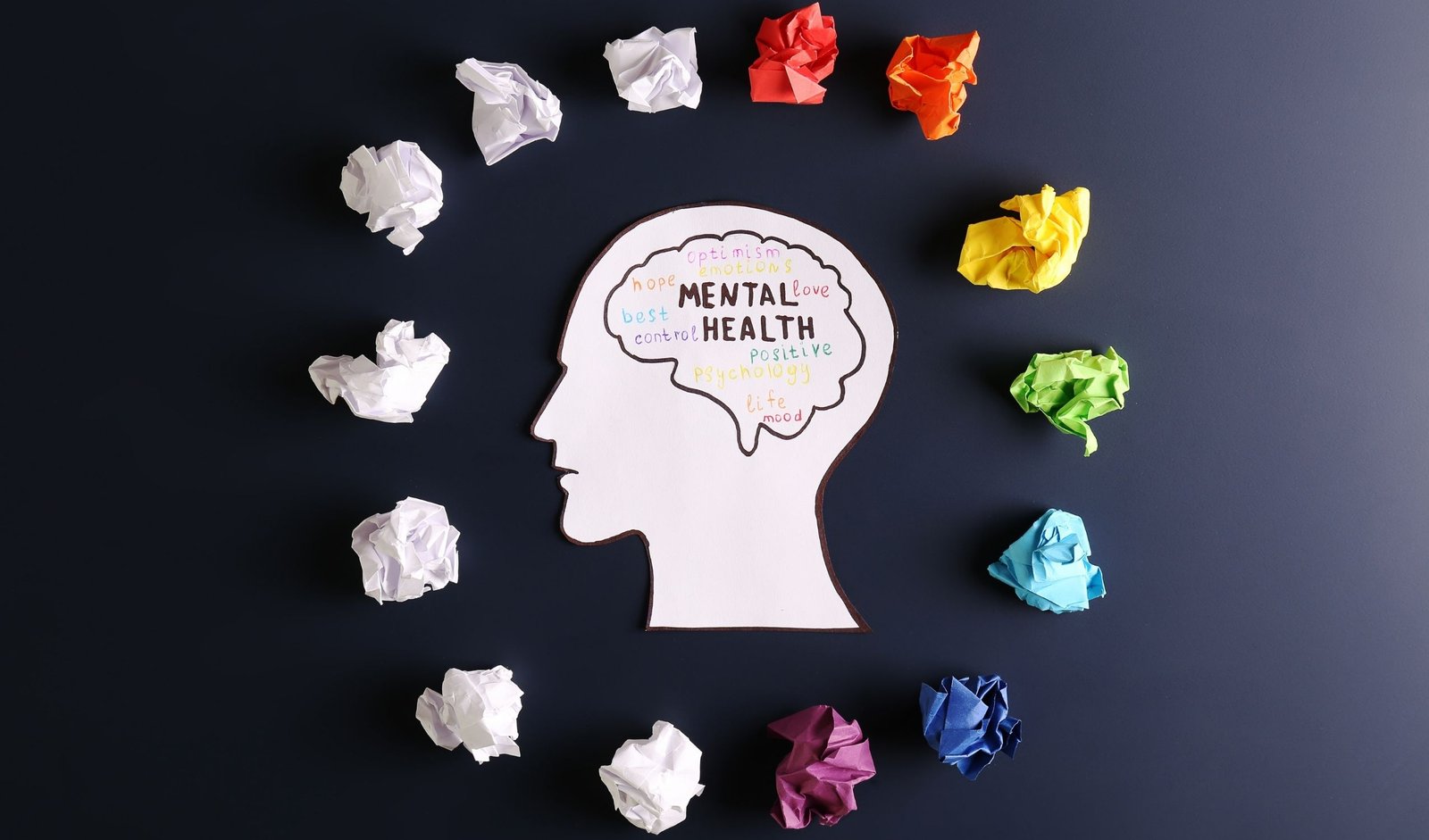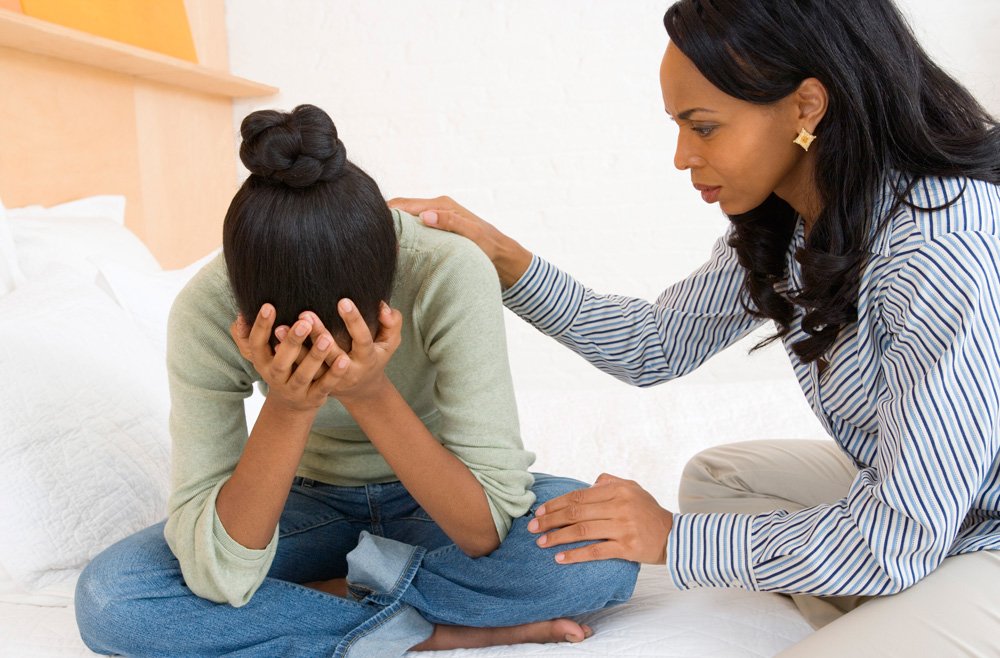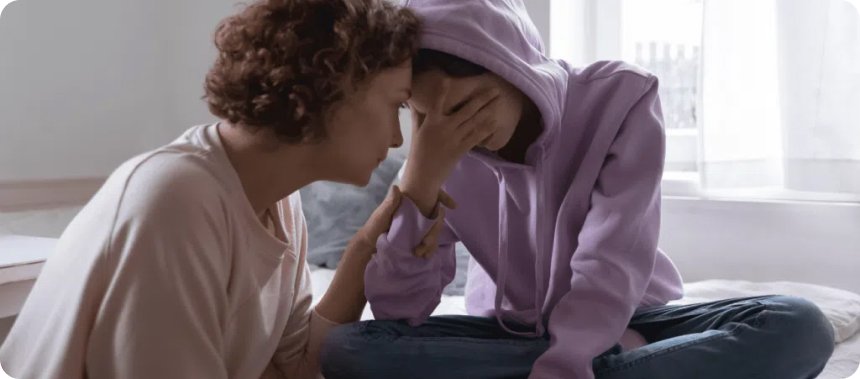Mental health — two simple words with enormous impact. In 2025, conversations around mental health are louder, more urgent, and more necessary than ever before. Whether you’re a student, parent, professional, or retiree, mental health awareness affects us all. It shapes how we think, feel, act, and interact with the world around us.
But despite the growing spotlight, there’s still stigma, misunderstanding, and silence. That’s why mental health awareness remains a critical movement — not just in one month of the year, but every single day.
Let’s break down what mental health awareness means, why it matters, and how you can be a part of the change.
🧠 What Is Mental Health?
Mental health includes your emotional, psychological, and social well-being. It affects how you:
- Handle stress
- Make decisions
- Build relationships
- Work, study, and live
Good mental health doesn’t mean you’re always happy or free from stress. It means you can cope with life’s challenges, recover from setbacks, and find meaning — even when things get tough.
📆 When Is Mental Health Awareness Month?
In the United States, Mental Health Awareness Month is observed every May. Since 1949, it’s served as a time to:
- Promote mental wellness
- Educate the public on mental health issues
- Reduce stigma
- Support those struggling with mental illness
Globally, World Mental Health Day is celebrated on October 10th — another key date dedicated to mental health advocacy.
But the conversation shouldn’t stop there. Mental health awareness is needed year-round — at home, in schools, in workplaces, and across communities.
🌍 Why Mental Health Awareness Matters
1. It Breaks the Silence
Millions of people struggle with mental health but feel too ashamed or afraid to talk about it. Awareness helps remove the shame and opens the door to support.
2. It Encourages Early Action
Just like physical illnesses, mental health conditions benefit from early detection and treatment. When we talk about mental health openly, people are more likely to seek help before things get worse.
3. It Promotes Empathy
Understanding mental health fosters kindness, patience, and compassion — not just toward others, but toward ourselves.
4. It Impacts Everyone
Mental illness doesn’t discriminate. It affects all ages, backgrounds, and walks of life — from kids in school to CEOs in the workplace.
📊 The Mental Health Landscape in 2025
The numbers don’t lie:
- 1 in 5 adults in the U.S. experiences mental illness each year.
- More than 50% of mental illnesses begin by age 14.
- Anxiety and depression remain the most common conditions worldwide.
- Teen mental health concerns are at an all-time high, especially due to screen time, academic pressure, and social issues.
- Suicide is one of the leading causes of death among young people aged 15–24.
These aren’t just statistics — they’re real lives, real families, and real stories.
🛠️ How to Support Mental Health Awareness
Whether you’re a student, parent, employee, or leader, there are many ways you can help raise awareness and reduce stigma.
✅ 1. Talk About It
Start conversations with friends, family, coworkers, or classmates. You don’t need to be an expert — just a good listener.
✅ 2. Educate Yourself
Learn the signs of common mental health conditions like anxiety, depression, PTSD, or bipolar disorder. Knowledge is power.
✅ 3. Support Organizations
Follow, volunteer with, or donate to nonprofits focused on mental health. Examples include:
- Mental Health America (MHA)
- National Alliance on Mental Illness (NAMI)
- The Trevor Project
- Crisis Text Line
✅ 4. Check In On Others
A simple “How are you really doing?” can open the door to connection. You never know who needs someone to talk to.
✅ 5. Be Kind to Yourself
Mental health awareness also means understanding your own limits. Practice self-care, set boundaries, and don’t be afraid to ask for help.
🧩 Recognizing Mental Health Challenges
Awareness also means knowing the signs. If you or someone you know is struggling, look out for:
- Persistent sadness or irritability
- Withdrawing from friends or activities
- Trouble sleeping or eating
- Fatigue or lack of energy
- Feelings of hopelessness or worthlessness
- Thoughts of self-harm or suicide
If these signs last more than a couple of weeks, reach out — to a trusted adult, counselor, or health professional.
💬 Mental Health Isn’t a Weakness — It’s Human
One of the biggest myths about mental health is that asking for help makes you weak. The truth? It makes you brave.
We all have ups and downs. We all need support. And just like we care for our bodies, we must also care for our minds.
Mental health awareness reminds us that:
- It’s okay to have a bad day.
- It’s okay to take a break.
- It’s okay to talk to someone.
- And it’s more than okay to ask for help.
📣 Join the Movement
In 2025, let’s go beyond awareness. Let’s create a world where:
- Mental health is treated like physical health.
- Schools teach emotional well-being as part of the curriculum.
- Workplaces support mental wellness as part of everyday culture.
- Families talk about mental health as openly as they talk about physical fitness.
Together, we can build a more understanding, compassionate, and mentally healthy world — for ourselves and for future generations.
✨ Final Thoughts
Mental health awareness is not just a month. It’s a movement. A mindset. A mission.
Whether you’re struggling, supporting someone, or simply learning more — your voice and actions make a difference.
Because mental health matters.
Because everyone deserves support.
Because no one should suffer in silence.
Let’s keep the conversation going — every day, everywhere.
For more articles, wellness resources, and real stories that matter, visit TopStoryHub.online — your trusted source for news that empowers the mind and heart.


